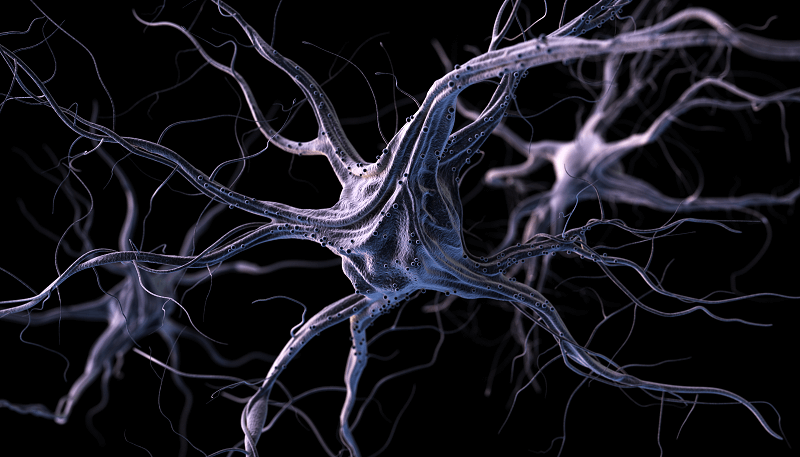
What Is Episodic Memory?
Table of Contents
Episodic memory is a type of long-term memory that stores memories of a person’s life: funny childhood stories, adventures with friends or family, and funny things at work. It shapes our life experiences, and all people on the planet have it.
Episodic memory is the memory system that holds what kind of information?
What is episodic memory? This is a particular type of memory that stores autobiographical data about a person. It keeps in itself knowledge about where, when, with whom certain events happened.
The episodic memory definition in psychology appeared relatively recently – in 1972 by the Canadian experimental psychologist Endel Tulving. He described the difference between knowing and memorizing.
Episodic long-term memory is needed to gain bad experiences and not repeat them in the future. For example, if a minor burn themselves once from boiling water, they will be more careful with it in the future, thanks to episodic memory.
Semantic and episodic memory together form the category of explicit (declarative) memory. With its help, people can consciously make decisions based on their own experience and the knowledge they received before.
We can highlight the following episodic memory examples:
- Celebrating our 10th birthday (first double digits);
- Stories from the last trip;
- Data on how you solved problems at work last Wednesday;
- Emotions that you experienced at the birth of a child.
Definition of episodic memory through psychology includes only the brightest moments from a person’s life, including stories and emotions. Often people may not remember all the details of an event but recognize the emotions that they experienced.

Types of memory
Each one of our lives consists of various events. We remember some of them more vividly, while our consciousness perceives others as a bedtime story, wherewith each story, new details may emerge, where the connection between reality and fiction seems imperceptible.
Episodic long term memory comes in several varieties:
- Specific Events. These are vivid memories of significant events for a person, for example, when you first rode a horse. At the same time, perceptions emerge in creating a person situationally if they see an object or person related to the process.
- General Events. For this type of memory, emotions and feelings that a person experiences are of great importance. So, you can ride a bike every Sunday and no longer remember every time you ride, but you remember the emotion you associate with that experience.
- Personal Facts. This group of memories includes personal information such as the dog’s name or mom’s phone number.
- Flashbulb Memories. The most vivid memories, which are often associated with very important situations. Good episodic memories examples would be the day you get lost in the park or the birth of a child.
We all perceive events in different ways. As a result, if the same story happened to two people simultaneously, they can remember various (different) details and emotions.
It is worth noting that the memory system includes other types of memory as well. So if you improve your intelligence, then your memory will become much better.
The following are the main types of memory:
- Sensory;
- Eidetic memory;
- Social;
- Topographic;
- Long-term and short-term.
They are developed in each person in different ways, someone is well versed on the ground, and the other has an ideal sensory memory. Each person is unique, and our consciousness can form attention to different details, transfer some information into long-term memory, and erase another as unnecessary.

How to improve memory? To do this, it is enough to train daily for a few minutes. Today many techniques allow you to do real miracles in a short period. The training takes only half an hour and is filled with bright pictures and fun workouts. Before the initial training, it is necessary to pass a test to understand what state one’s memory is in, whether there are symptoms of aphantasia or short-term memory loss.
Remember that everything starts with small steps and learning more about how your memory functions in order to use the best bits available and build on that. Starting with good habits and knowledgeable guidance.